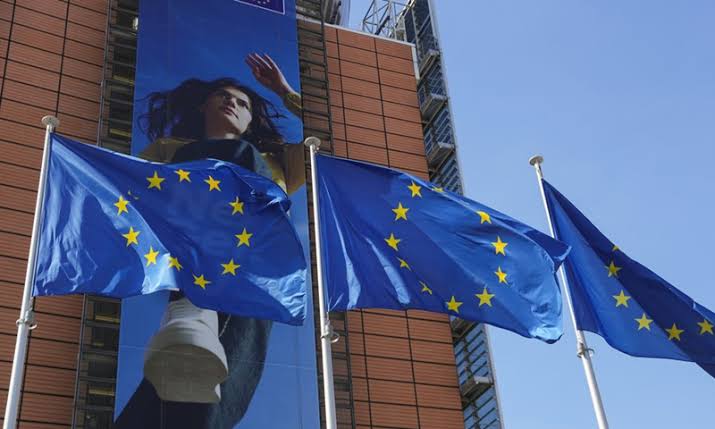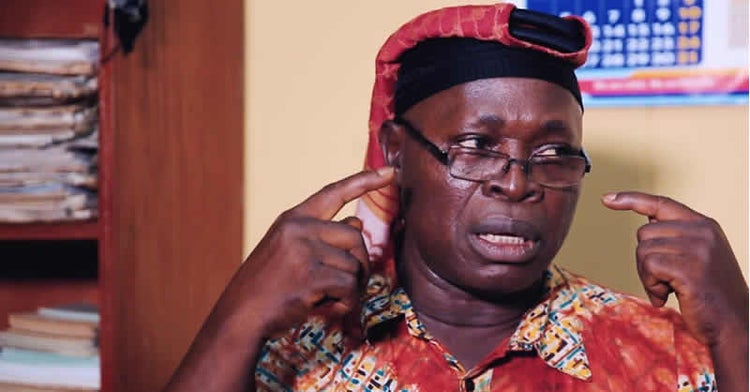Kano secures EU funding for education, empowerment programme
By Sabiu Abdullahi Kano State has emerged as a primary recipient of a groundbreaking European Union-funded initiative. The programme, designed to enhance learning and empower youth, is set to make…



